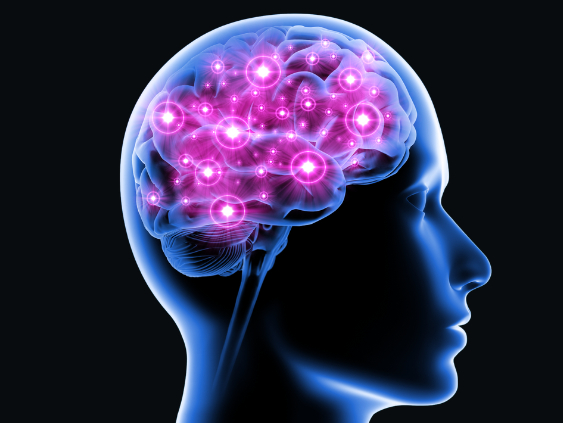Introduction to Men’s Mental Health
Men’s mental health often remains overlooked due to traditional gender expectations. Many men struggle with stress, anxiety, and depression but face barriers in seeking help, mainly due to societal pressures that discourage emotional vulnerability. This reluctance can worsen mental health issues. Fortunately, resources like groups for men promote open discussions in safe environments. Challenging the narrative of “man up” is essential for improving mental wellness. By acknowledging their struggles and seeking support, men can enhance their quality of life. Increasing awareness leads to more men embracing supportive communities and self-care routines, paving the way for better mental health outcomes.
The Significance of Community Support
Community support acts as a vital foundation for mental health improvement. Sharing personal experiences with others who face similar challenges offers a sense of belonging and understanding. According to research, men reap substantial benefits from joining discussion groups. Such platforms not only foster emotional resilience but also promote openness and accountability. In a group environment, men can express themselves freely, reduce stigma, and form meaningful social connections, essential for emotional well-being.
Practical Strategies for Improving Mental Health
- Regular exercise is a natural way to improve your mood. Exercise releases endorphins, the body’s natural mood lifters, which can help mitigate stress and anxiety. Jogging, swimming, and team sports are pleasurable and healthful activities.
- Mindfulness meditation: Practicing mindfulness allows individuals to live in the present moment, thereby reducing stress and enhancing mental clarity. This centering practice encourages a state of calm and balance, which is invaluable for managing life’s uncertainties.
- Balanced nutrition: Consuming a diet rich in diverse nutrients supports mental health by nourishing the body and mind. Healthy eating habits improve mood regulation and overall vitality, providing the energy required for daily tasks.
- Consistent sleep schedule: Adequate sleep is critical for emotional processing and physical health. A consistent sleep routine helps regulate mood, improve concentration, and boost energy levels, which is crucial for tackling everyday challenges.
Benefits of Professional Counseling
Professional counseling offers men a confidential space to explore their emotions and develop coping mechanisms. Therapy provides the opportunity to gain insights into personal challenges and foster emotional growth. Studies have shown that men who engage in therapy sessions experience a significant reduction in symptoms associated with mental health conditions. By working with trained professionals, individuals learn tools that aid in navigating difficult emotions and building resilience, contributing to a healthier mental state.
Technology and Online Resources
In today’s digital world, technology simplifies mental health management. Various online platforms grant access to mental health professionals and self-help tools, thus offering flexibility and privacy. Mobile apps for mental wellness provide users with daily reminders, mindfulness exercises, and comprehensive health evaluations. These resources act as convenient supplements, empowering men to craft a well-rounded mental health regimen tailored to their needs.
Engaging in Healthy Social Activities
Social connections serve as a buffer against mental distress, as they encourage positive interactions and support networks. Activities such as group sports, cultural clubs, and volunteer projects allow men to forge strong interpersonal relationships and promote a sense of community. Engaging in these social activities can diminish feelings of isolation while enhancing personal happiness and a sense of fulfillment, which are vital for mental well-being.
The Role of Self-Reflection
Self-reflection is a powerful strategy that underpins mental health improvement. By considering personal experiences and reactions, men can identify their emotional triggers and cultivate healthier responses. Utilizing tools such as journaling or participating in reflective discussions can encourage deeper self-awareness and emotional insight, ultimately contributing to personal growth and a greater understanding of oneself.
The Importance of Continuous Learning
Educating oneself about mental health is essential for sustained well-being. Engaging with educational content through workshops, books, or credible health websites equips individuals with innovative strategies for managing life’s inevitable challenges. Such knowledge empowers men to adapt to changes confidently and resiliently, facilitating long-term mental health improvements and fostering a positive outlook.



